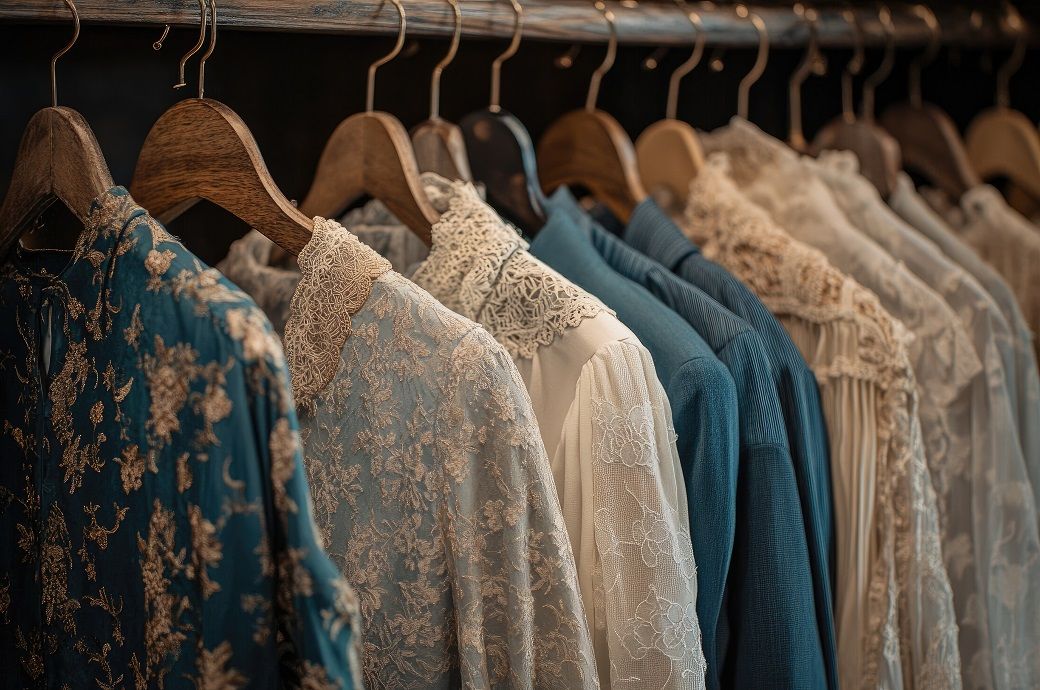Bussiness
A resale pioneer’s plan to stay in business for a century
Only 30% of family businesses make it to the second generation. One reason is that nearly half of owners who expect to retire within five years do not have a successor in place.
Secondhand clothing retailer Buffalo Exchange bucked that trend when Rebecca Block took over as CEO in 2024. Block’s parents, Kerstin and Spencer, launched the business with a single store in Tucson, Ariz., in 1974, when the used clothing market was still nascent.
“The whole concept of thrift and secondhand clothing has changed enormously in the last 50 years,” Block told Yahoo Finance. “People don’t view used clothing as a stigma. They view it as a source of pride.”
The buy, sell, trade retailer has grown with the popularity of the industry, expanding to 41 locations across 15 states with annual revenue hovering around $100 million per year.
Over the same span, the company has successfully navigated the concept, startup, and growth stages of forming a business. Recently it has taken on the transform or exit stage, where entrepreneurs evaluate whether to retire, sell the business, or pass the company to the next generation.
As Block plots her company’s future as a second-generation owner, she plans to combine what has worked in the past with modern data to make key decisions, like choosing new store locations.
“We do try very hard to be in communities that have student populations, and then we look in places that are kind of alternative,” Block, said. “We moved into demographics research and figuring out what are really our customers based on the stores that we have, and then we could look for those demographics in other areas.”
Block is also working to modernize Buffalo Exchange to compete against the rise of digital players in the recycled fashion market. The company has tried to sell clothes online on three occasions, but Block said it wasn’t economical for the business. Instead, the company has decided to lean into its brick-and-mortar identity.
“I just don’t think that when you’re online, you’re getting an experience,” she said. “You’re looking at things, but you’re not really having a tactile, sensational experience with the items in a fun environment.”
Buffalo Exchange’s change of hands from mother to daughter officially happened in early 2024, but the handover process was almost a decade in the making, a strategy that generally leads to a smoother transition, according to NYU Stern School of Business professor Thomaï Serdari.
“It is always better to take longer to set up the succession plan and ensure that the new generation feels comfortable,” Serdari said.









